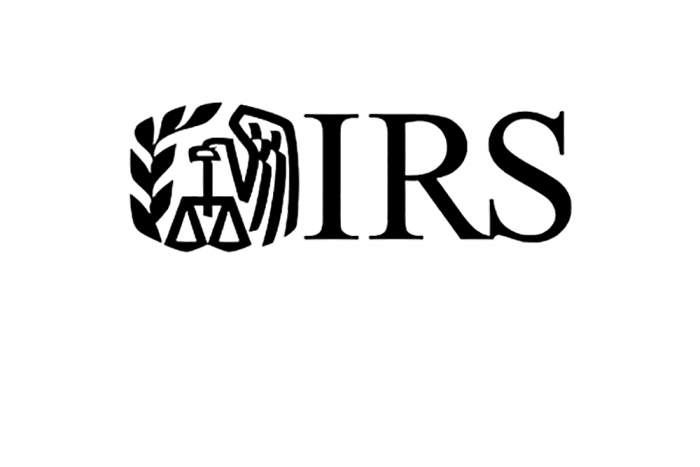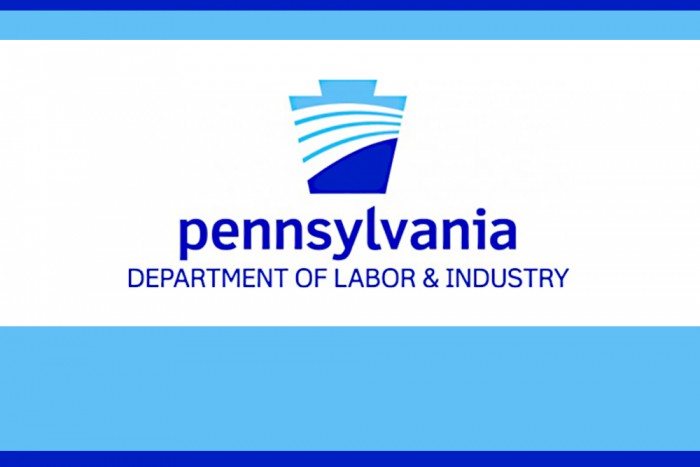OMAP Announcement 04-07-2020-03 is to notify all Users of the Medical Assistance Transportation Program (MATP) that during the period of the Governor’s emergency disaster announcement related to the COVID-19 Coronavirus, the use of MATP will be limited, since many routine visits are not urgent, and elective procedures are currently prohibited in certain medical facilities under orders issued on March 19, 2020 from the Governor and Secretary of Health. If you have a scheduled appointment that has not yet been cancelled, contact your medical provider to see if the appointment is necessary.
Effective April 1, 2020 and continuing through the Coronavirus emergency declaration only, the mileage reimbursement rate increased to $0.25 per mile. You do not need to do anything at this time to receive the increased rate if you travel to a Medicaid covered medical service during the emergency declaration period. As mentioned above, you are encouraged to contact your health care provider prior to traveling if not for an urgent condition.
As a reminder, this rate is temporary and only continues during the emergency declaration. The rate will return to the established rate of $0.12 per mile after the declaration has ended.
Please let your county MATP agency know if you have any questions. In the meantime, please visit the PA Department of Health’s dedicated web page for the most up-to-date information regarding COVID-19.

















